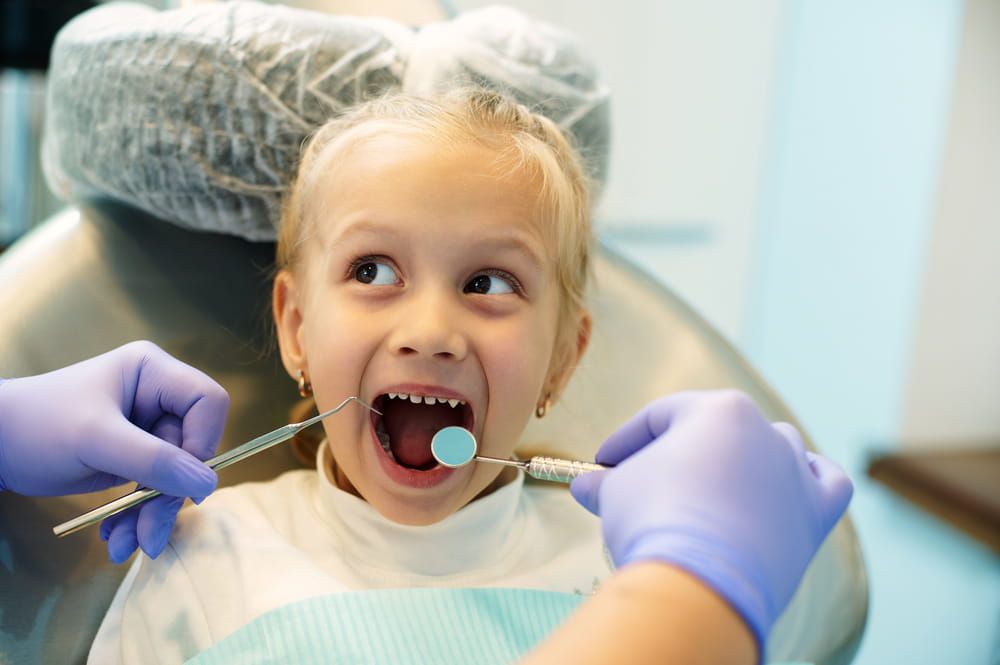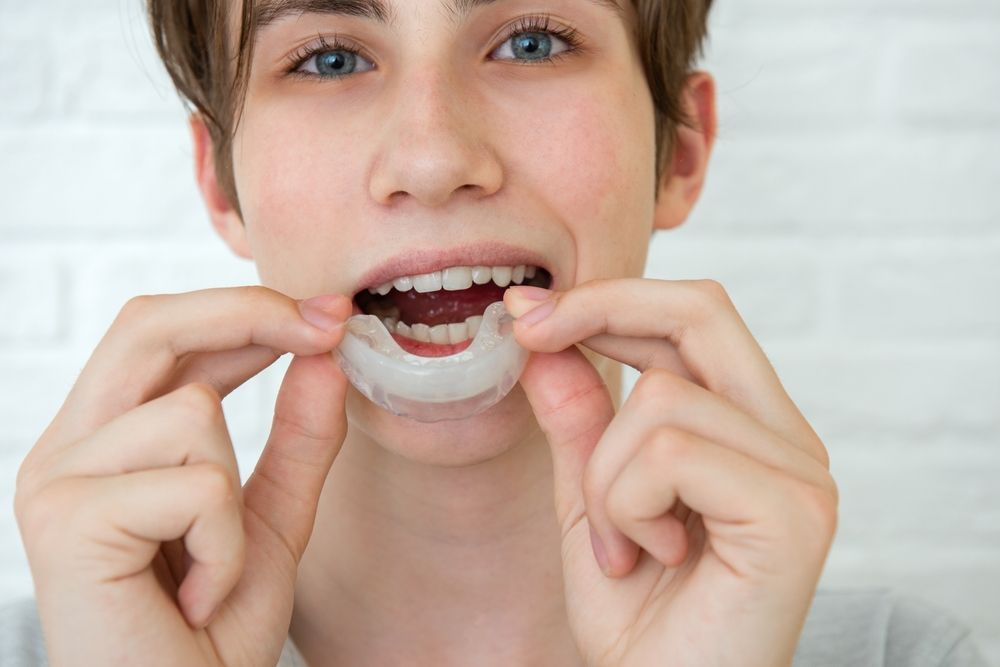Strong dental hygiene practices in childhood set the stage for lifelong oral health. For children, especially those with special needs, oral care goes beyond aesthetics. It helps prevent cavities, gum disease, and other dental issues that can affect their overall health. At Dentistry for Children and Young Adults in San Jose, CA, Dr. Shawn Taheri emphasizes the importance of building good habits early. Let’s explore how parents can foster these habits and make dental care a positive experience.
Understanding the Risks of Poor Dental Hygiene
Neglecting oral hygiene can lead to several problems that may affect children’s well-being. Tooth decay, one of the most common chronic conditions in kids, can cause pain, infection, and difficulty eating or speaking. Gum disease is another risk, potentially leading to serious infections if left untreated. For children with special needs, maintaining oral health is even more critical, as they may have unique challenges that increase the risk of dental issues.
Building consistent habits can reduce these risks, giving children the tools they need to maintain a healthy smile throughout their lives.
Tips for Encouraging Good Dental Hygiene Habits
1. Make Brushing Fun
Turn toothbrushing into an engaging activity by playing music, using colorful toothbrushes, or setting up a reward system. Kids are more likely to stick with habits they find enjoyable.
2. Set an Example
Children learn by imitation. Show them that brushing and flossing are non-negotiable parts of your daily routine. Let them watch you brush your teeth and involve them in the process.
3. Choose Kid-Friendly Products
Flavorful toothpaste and electric toothbrushes designed for children can make dental care feel less like a chore. Look for ADA-approved products that appeal to kids.
4. Create a Routine
Establishing a regular schedule for brushing and flossing helps kids develop a sense of responsibility. Aim for brushing twice a day and flossing once daily.
5. Incorporate Stories and Games
Use storybooks or videos that highlight the importance of dental hygiene. Games, like a “tooth-brushing race,” can motivate children to brush thoroughly and for the recommended two minutes.
6. Use Visual Aids
A dental calendar or chart where children can mark off each successful brushing session provides a tangible sense of accomplishment.
Special Tips for Kids with Special Needs
Caring for children with special needs requires a tailored approach. Some children may be hypersensitive to the sensation of brushing or the flavor of toothpaste. For these kids:
- Gradual Exposure: Start by letting the child hold the toothbrush or explore its texture before progressing to actual brushing.
- Adaptive Tools: Consider using toothbrushes with ergonomic handles or silicone bristles that are gentler on the gums.
- Break It Down: Divide brushing into smaller, manageable steps to avoid overwhelming them.
Parents may also benefit from consulting with Dr. Shawn Taheri, who specializes in pediatric dentistry for children with special needs. His team in San Jose offers a compassionate and understanding environment to support your child’s dental care.
Foods That Support Dental Health
Diet plays a significant role in oral health. Incorporate these foods into your child’s meals to strengthen their teeth and gums:
- Dairy Products: Rich in calcium, milk and cheese help build strong enamel.
- Crunchy Fruits and Vegetables: Apples, carrots, and celery act as natural toothbrushes, scrubbing away plaque.
- Water: Staying hydrated washes away food particles and bacteria while stimulating saliva production.
Avoid sugary snacks and beverages, which contribute to cavities. Encourage water over juice or soda, and limit sugary treats to special occasions.
The Role of Regular Dental Visits
Routine dental checkups are crucial for maintaining your child’s oral health. Professional cleanings remove plaque that brushing can’t, while early detection of issues prevents more serious problems later. Dr. Taheri recommends scheduling a dental visit every six months to ensure your child’s smile stays healthy.
Children with special needs may require additional care, and our team is equipped to provide a stress-free experience tailored to their needs. These visits are also an opportunity to educate children and parents on proper dental care techniques.
Building a Lifelong Habit
Developing good dental hygiene habits in childhood lays the groundwork for lifelong oral health. Children who feel confident in their dental routine are more likely to maintain it into adulthood, reducing their risk of costly and painful dental issues later in life.
Parents play a pivotal role in shaping these habits. With patience, creativity, and consistency, you can ensure your child views dental care as an essential part of their daily routine.
Sources
- Casamassimo, P. S., & Thikkurissy, S. (2013). Beyond the DMFT: The Human and Economic Cost of Early Childhood Caries. Journal of the American Dental Association.
- Berkowitz, R. J. (2006). Causes, Treatment, and Prevention of Early Childhood Caries: A Microbial Perspective. Journal of the Canadian Dental Association.
- Seow, W. K. (2012). Environmental, Maternal, and Child Factors Which Contribute to Early Childhood Caries: A Unifying Concept. International Journal of Pediatric Dentistry.





